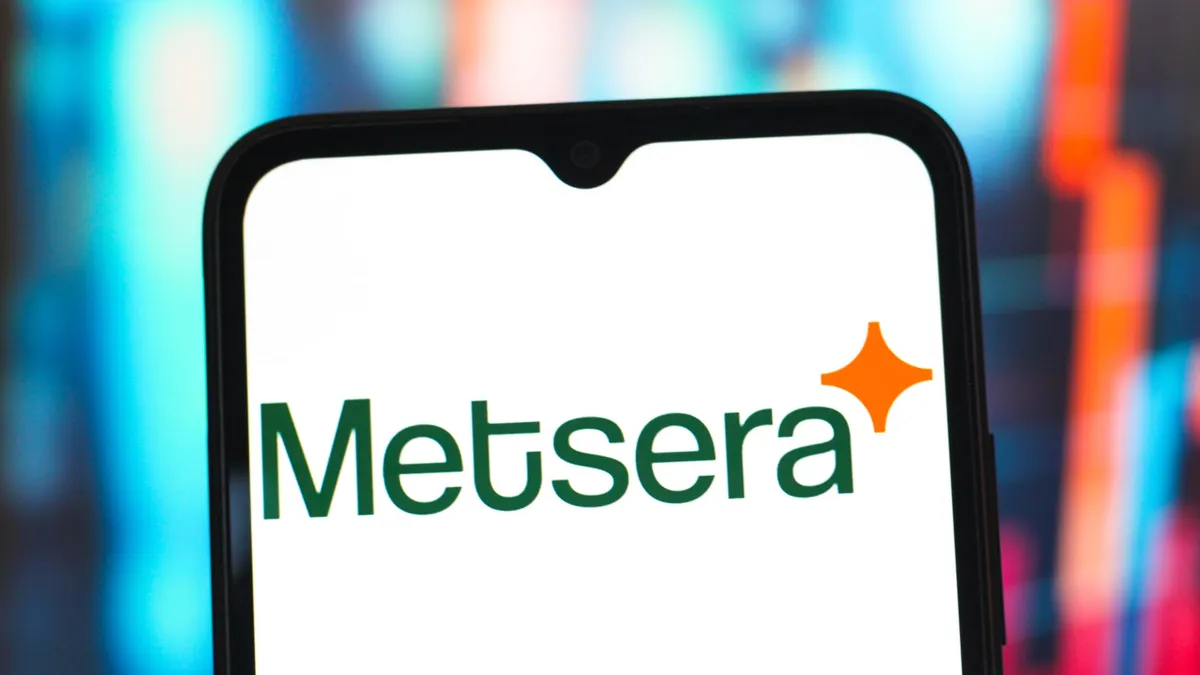
On Monday, Pfizer announced its intention to acquire Metsera, a weight loss drugmaker, in a deal valued at up to $7.3 billion, which includes future payments. This strategic acquisition is aimed at securing a foothold in the rapidly growing obesity drug market. Pfizer plans to pay an initial cash price of $47.50 per share for Metsera, representing a nearly 43% premium over the biotech company's last closing price of $33.32. This agreement gives the deal an enterprise value of approximately $4.9 billion.
The acquisition agreement includes a contingent value right worth up to $22.50 per share, depending on Metsera's success in achieving specific clinical and regulatory milestones for its medicines. If all conditions are met, the total value could reach as high as $70 per share. Pfizer expects the deal to finalize by the end of this year. Following the announcement, shares of Metsera surged over 60% in premarket trading, while Pfizer’s stock experienced a modest increase of over 1%.
This acquisition comes after a series of setbacks for Pfizer in the obesity drug sector. The pharmaceutical giant faced significant challenges while developing its lead obesity drug candidate, danuglipron, which Pfizer ultimately decided to discontinue in April due to safety concerns. Moreover, Pfizer halted the development of another once-daily obesity pill in June 2023, citing elevated liver enzymes in patients. Despite these setbacks, Pfizer maintains several earlier-stage obesity drugs in its pipeline, which work through various mechanisms. However, investor pressure has been mounting for the company to expedite its entrance into the lucrative market.
The potential for growth in the weight loss drug sector is substantial. Analysts project that the weight loss drug market could reach approximately $100 billion by the 2030s, creating ample opportunities for new competitors to challenge established products from companies like Eli Lilly and Novo Nordisk. Founded in 2022, Metsera has developed a promising pipeline of both oral and injectable obesity treatments through a combination of licensing and acquisition strategies. One of its key candidates is a GLP-1 drug known as MET-233i, which demonstrated the ability to help patients lose up to 8.4% of their weight in just 36 days during a small, early-stage trial.
Metsera is working on developing MET-233i as a potential once-monthly injectable treatment, allowing patients to manage their weight with less frequent dosing compared to existing weekly injections. Additionally, Metsera's pipeline includes a monthly drug targeting the hormone amylin, as well as two oral GLP-1 candidates that are expected to enter clinical trials shortly, according to Pfizer’s announcement.
Pfizer’s acquisition of Metsera is in line with the company's strategy to invest in high-impact opportunities within the cardiometabolic health sector. CEO Albert Bourla stated, "We are excited to apply our deep cardiometabolic experience and manufacturing and commercial infrastructure to accelerate a portfolio that includes potential best-in-class injectables." Analysts have also weighed in on the potential of this acquisition; David Risinger from Leerink Partners estimates that Metsera's obesity treatments could generate over $5 billion in combined peak annual sales. Furthermore, JPMorgan analyst Chris Schott suggested that Metsera’s experimental drugs will accelerate Pfizer’s entry into the competitive obesity market.
Metsera, based in New York, went public this year, marking one of the largest biotech listings of 2025. The company is among several organizations racing to develop next-generation obesity treatments, following the successes of existing weekly injections like Eli Lilly’s Zepbound and Novo Nordisk’s Wegovy. As the landscape of obesity management evolves, Pfizer's acquisition of Metsera positions the pharmaceutical giant to be a significant player in this promising and expanding market.